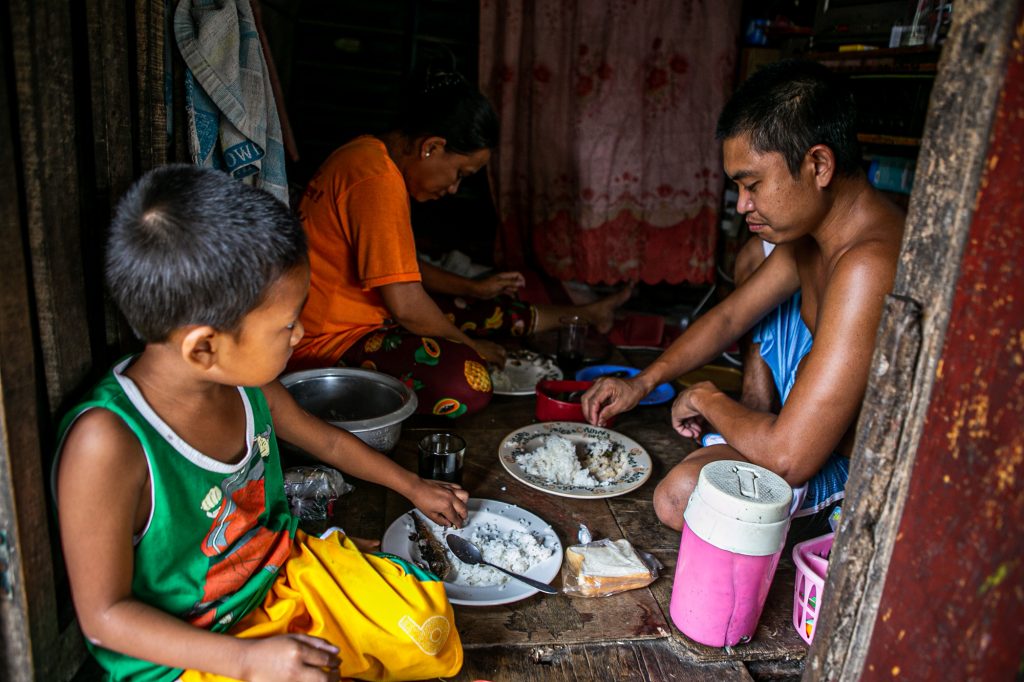
Pope Francis described world hunger on Monday as “a crime that violates basic human rights.”
In a July 26 message to UN Secretary-General António Guterres, the pope called for a “new mindset” in the battle against malnutrition.
“We produce enough food for all people, but many go without their daily bread. This ‘constitutes a real scandal,’ a crime that violates basic human rights,” he said, quoting from his 2020 encyclical Fratelli tutti.
“Therefore, it is everyone’s duty to eradicate this injustice through concrete actions and good practices, and through bold local and international policies.”
The pope sent the message to the UN chief at the start of the Pre-Summit of the UN Food Systems Summit in Rome. The event, held on July 26-28, is seeking to build momentum ahead of the summit in New York in September.
The UN estimates that that nearly 690 million people — 8.9% of the world population — suffer from hunger, an increase of almost 60 million in five years.
“If we want to guarantee the fundamental right to an adequate standard of living and fulfill our commitments to achieve Zero Hunger, it is not enough to produce food,” wrote the pope, who returned to the Vatican on July 14 after undergoing colon surgery.
“We need a new mindset and a new holistic approach and to design food systems that protect the Earth and keep the dignity of the human person at the center; that guarantee sufficient food globally and promote decent work locally; and that feed the world today, without compromising the future.”
Pope Francis has consistently highlighted world hunger since his election in 2013.
He made a donation last year to the World Food Programme as the U.N. organization worked to feed 270 million people amid rising hunger caused by the coronavirus crisis.
The pope told the U.N.’s Food and Agriculture Organization in June that the pandemic should spur efforts to create a global food system capable of withstanding future shocks.
In his message to Guterres, who is a Catholic, the pope said: “We are aware that individual, closed, and conflicting — but powerful — economic interests prevent us from designing a food system that responds to the values of the common good, solidarity and the ‘culture of encounter.’”
“If we want to maintain a fruitful multilateralism and a food system based on responsibility, justice, peace and the unity of the human family is paramount.”
“The crisis we are currently facing is indeed a unique opportunity to engage in authentic, bold, and courageous dialogues, addressing the roots of our unjust food system.”
Source: Licas Philippines
0 Comments